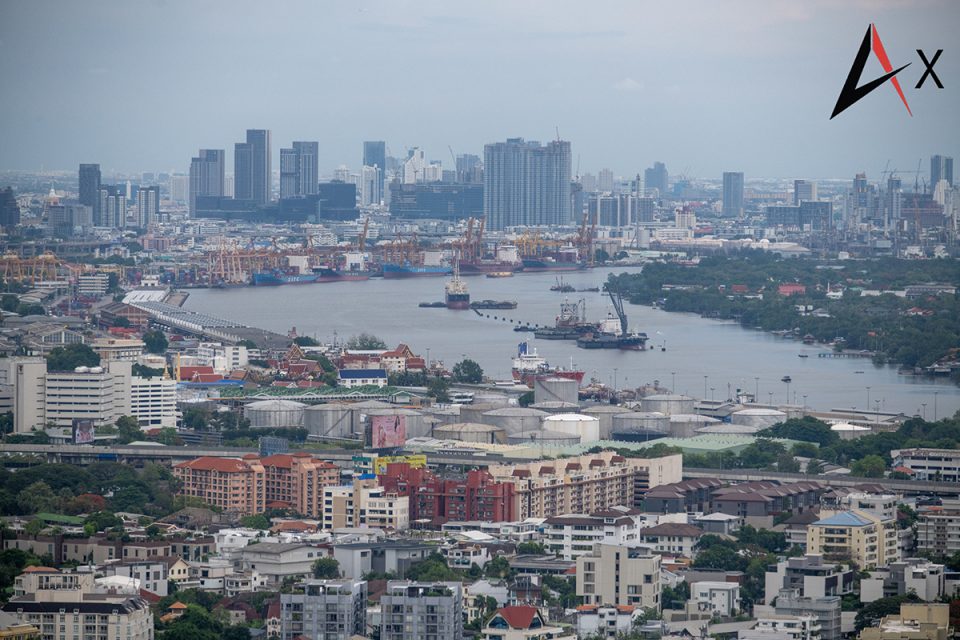An academic specializing in international affairs and a prominent economist are cautiously optimistic that Thailand may be able to reach an agreement with Washington regarding the country’s strict reciprocal tariffs, although challenges persist due to the broader impact these tariffs have already had on the global trading system.
Thitinan Pongsudhirak, a senior fellow at the Institute of Security and International Studies at Chulalongkorn University’s Faculty of Political Science, described the US-China trade war as a “geoeconomic” conflict, involving not just trade but also technology and other non-military issues.
He stated, “The recent US-China agreement to ease mutual tariffs is just one phase. There will be fluctuations, but overall, the conflict is likely to escalate,” as reported by the Bangkok Post.
Thitinan explained that the initial US-China deal was achieved partly because President Donald Trump is conscious of the impact tariffs have on American consumers, who are a key constituency for the Republican Party. However, he warned that as these tariffs become normalized and American consumers grow accustomed to them, the trade tensions could intensify again. “It’s important to remember that this isn’t only between the US and China—the US has also raised tariffs against the entire global trading system,” he added.
The analyst suggested that Thailand could negotiate a deal with the US over reciprocal tariffs, but cautioned that several hurdles remain. Currently, Thailand lags behind countries like Vietnam, Indonesia, Malaysia, and even the Philippines and Cambodia in the US trade landscape. He noted that Thailand’s reputation in Washington has been somewhat damaged due to issues such as the deportation of Uyghurs and the arrest of American academic Paul Chambers.
The US State Department had previously sanctioned Thai officials over their role in deporting 40 Uyghurs back to China in February, drawing international criticism. Moreover, the US embassy in Bangkok expressed concern over the arrest of Mr. Chambers, who faces charges related to lese majeste and computer crimes.
Meanwhile, Thitinan highlighted that Thailand’s trade surplus with the US has more than doubled between Trump’s two terms, partly driven by transshipments originating from China. He cautioned Thai leaders against complacency, warning that Thailand risks significant trouble if it cannot negotiate tariffs that are comparable to its regional peers. He emphasized that addressing the US$45.6 billion trade imbalance and Chinese transshipments should be prioritized in negotiations.
He also suggested that Thailand could take a symbolic step to reinforce the bilateral relationship by switching military procurement from Gripens to F-16 fighters, which could attract attention in Washington.
Amonthep Chawla, chief economist at CIMB Thai Bank’s Economic Centre, expressed a more optimistic view, suggesting that a pause in the US-China trade war and a more accommodating US stance could improve global trade prospects. While global trade remains subdued, it is not entirely paralyzed after the recent Geneva agreement.
Chawla believes Thailand has a chance to negotiate with Washington by reducing its trade surplus from $40 billion. Currently, Thailand exports about $60 billion worth of goods to the US and imports $20 billion. He noted that for certain products like meat and soybeans, Thailand is a net importer, and he recommends increasing US imports and reducing purchases from other countries to better balance trade relations.





